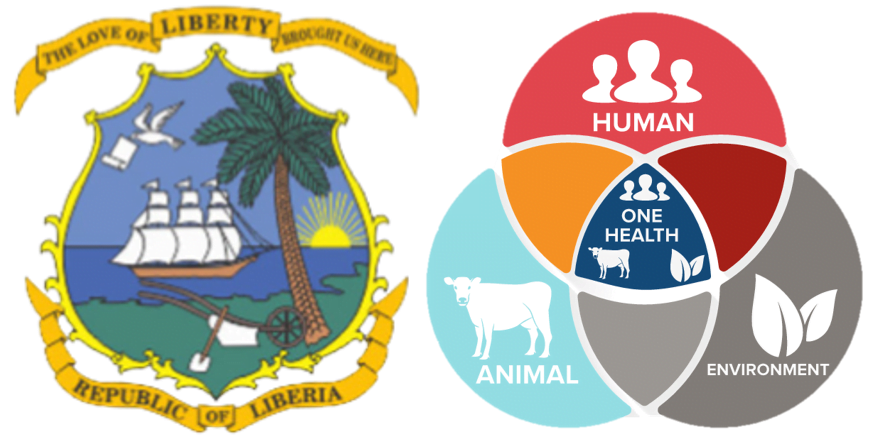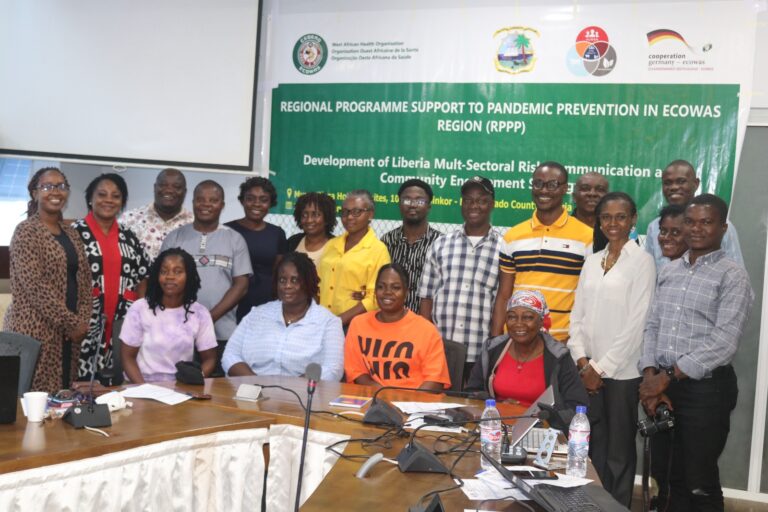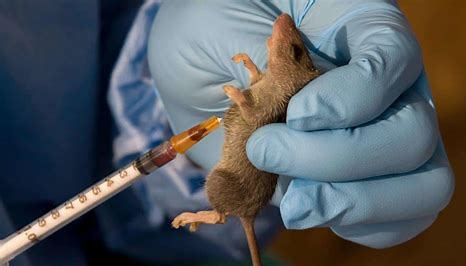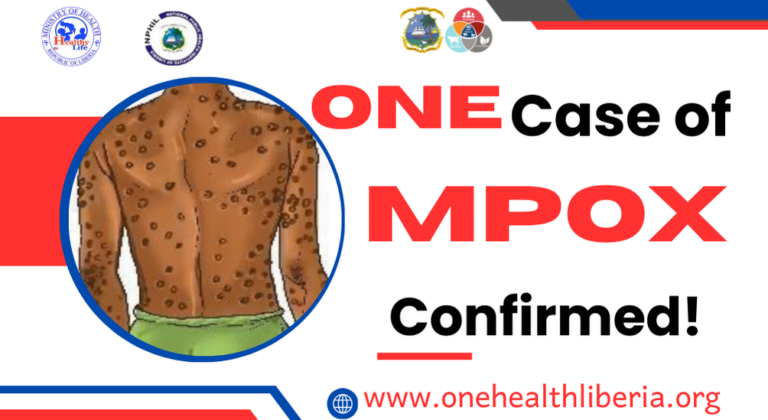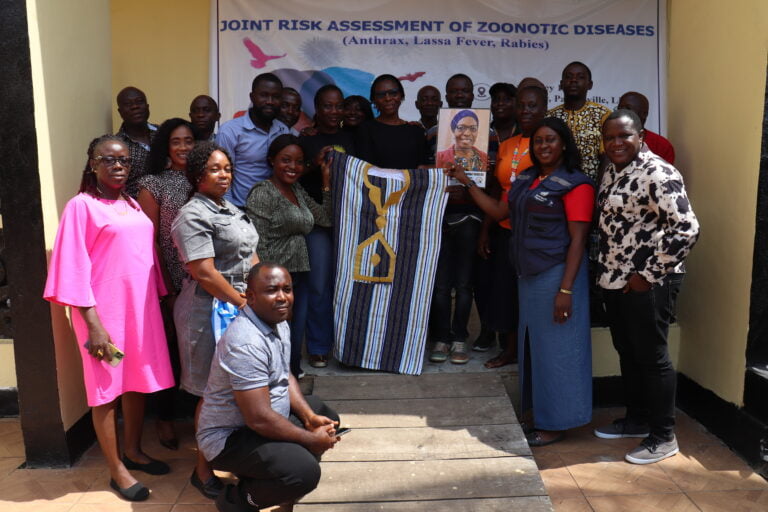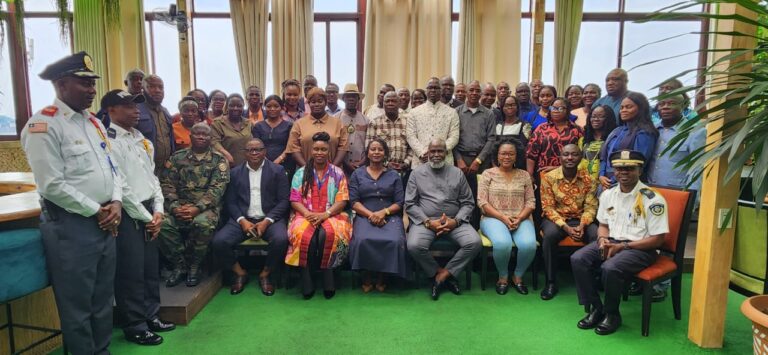International Center for Antimicrobial Resistance Experts Conduct Scoping Mission in Liberia
A team of experts from the International Center for Antimicrobial Resistance (ICARS) is currently in Liberia on a critical Antimicrobial Resistance (AMR) scoping mission. The mission aims to thoroughly understand the main Antimicrobial Use and Resistance (AMU/R) challenges across various One Health sectors in the country. Collaborating closely with their Liberian counterparts, the ICARS team is set to gather invaluable insights into Liberia’s proposed interventions to combat AMR.
To address these issues, a one-day workshop was convened on Friday, June 28, 2024, at the National Public Health Institute of Liberia (NPHIL). The event brought together key stakeholders from human, animal, and environmental health sectors, academia, and various partners. This collaborative effort underscores the importance of a multisectoral approach in tackling the complex issue of AMR.
During the workshop, Sonpon Blamo Sieh, Sr., Technical Coordinator of the World Bank-funded Health Portfolio at the Ministry of Health, commended the ICARS team for their dedication to supporting Liberia in addressing antimicrobial resistance. He highlighted the persistent challenges faced by the One Health approach due to a lack of dedicated resources to combat AMR effectively.
Dr. Kristina Osbjer and Dr. Sabiha Essack of ICARS expressed their appreciation for Liberia’s cooperation and efforts to secure funding to support the country’s AMU/R initiatives. They reaffirmed ICARS’s commitment to assisting Liberia’s multisectoral efforts to mitigate antimicrobial resistance.
The workshop saw participation from representatives of the Ministry of Health (MOH), Ministry of Agriculture (MOA), Environmental Protection Agency (EPA), Phebe Hospital, University of Liberia (UL), Poultry Federation, World Health Organization (WHO), and the United Nations Food and Agriculture Organization (FAO). The event was organized under the auspices of the Liberia One Health Antimicrobial Resistance Technical Working Group.
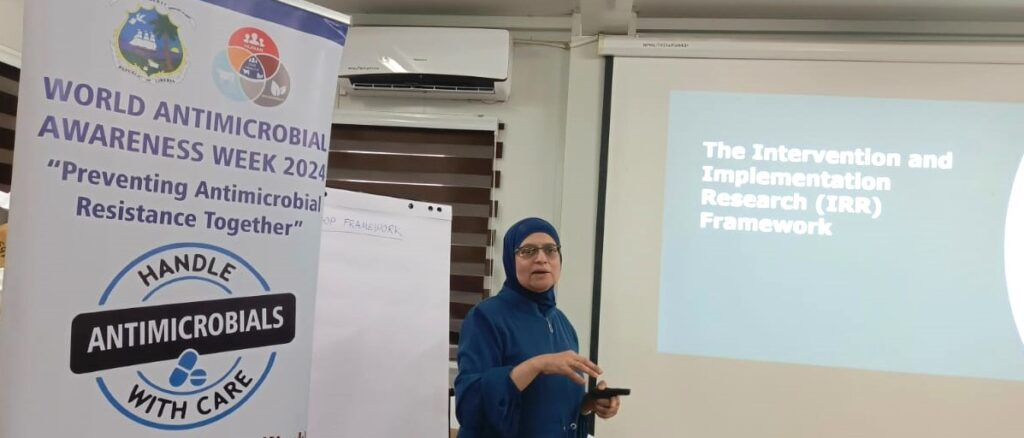
In addition to the workshop, the ICARS team paid courtesy visits to key institutions, including the EPA, MOA, MOH, and other significant organizations. These visits aimed to strengthen collaboration and ensure a comprehensive understanding of the AMR landscape in Liberia.
Antimicrobial resistance refers to the ability of microorganisms—such as bacteria, viruses, fungi, and parasites—to withstand the effects of antimicrobial drugs. This resistance renders previously effective treatments less effective or entirely ineffective. According to the World Health Organization (WHO), AMR is one of the top global public health and development threats. In 2019, bacterial AMR was directly responsible for 1.27 million deaths globally and contributed to 4.95 million deaths in 2022. The misuse and overuse of antimicrobials in humans, animals, and plants are the primary drivers of drug-resistant pathogens.
ICARS is an international organization partnering with governments in low- and middle-income countries (LMICs) to develop and test context-specific solutions for AMR, providing both funding and expertise across the One Health sectors. The proposed ICARS AMR project, once approved, will support Liberia in mitigating AMR challenges, complementing ongoing in-country efforts.
This collaborative mission and the subsequent workshop mark a significant step forward in Liberia’s fight against antimicrobial resistance, highlighting the importance of international cooperation and a unified One Health approach.
